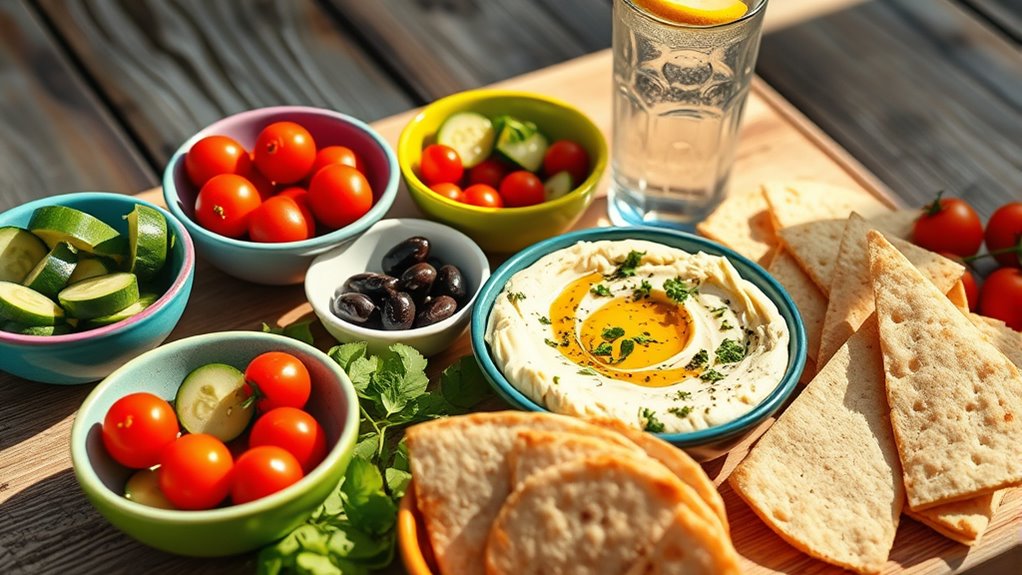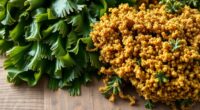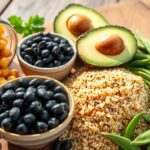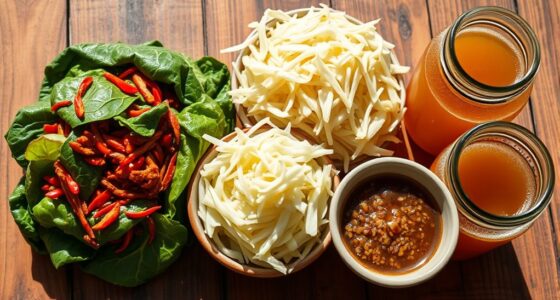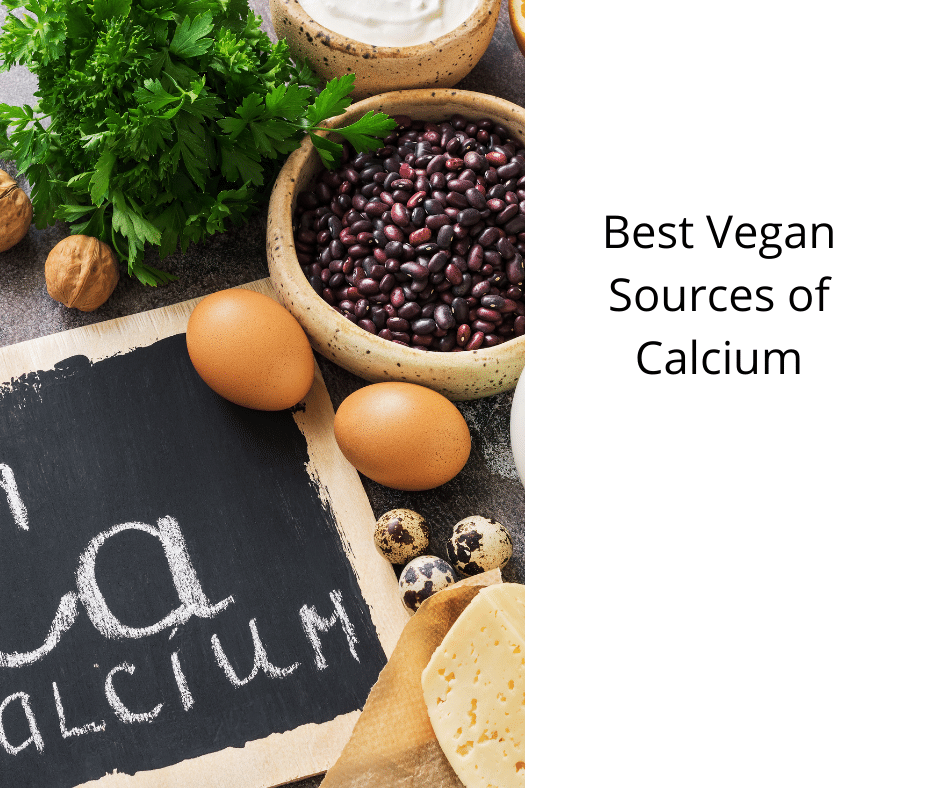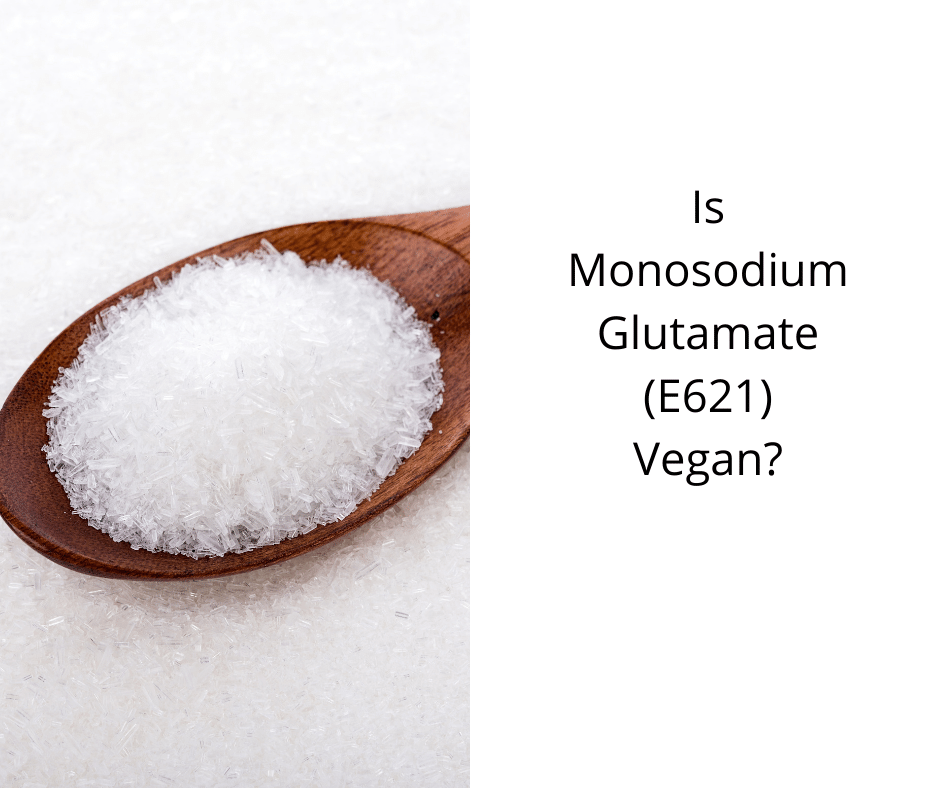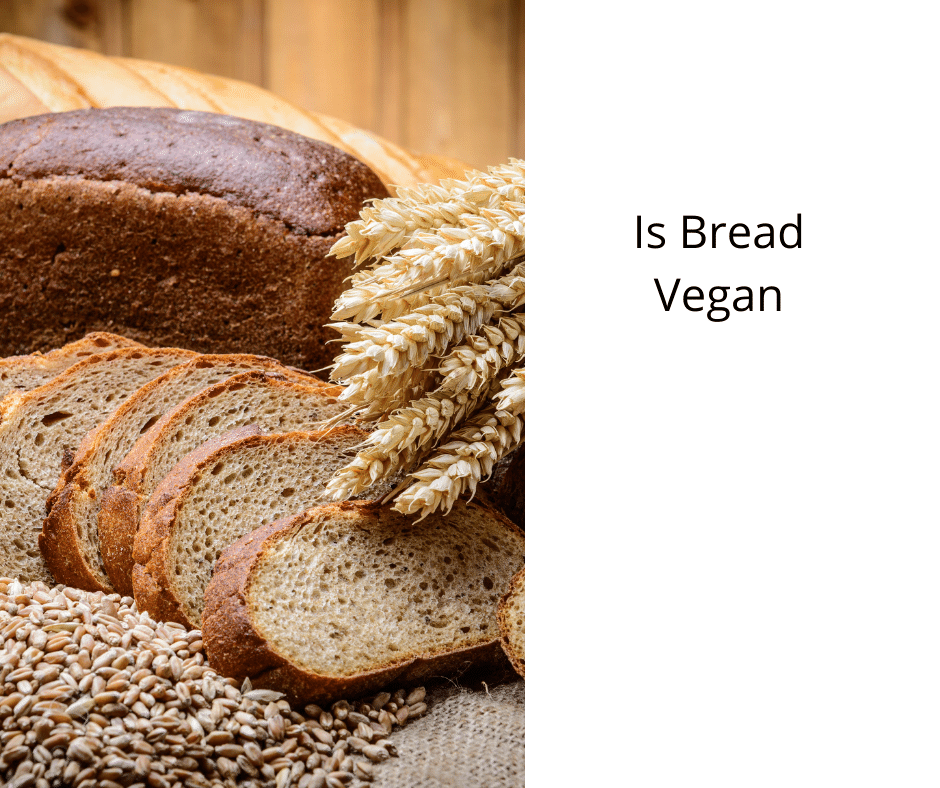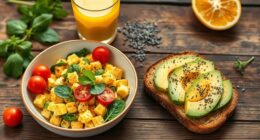To follow a vegan Mediterranean diet, focus on plant-based proteins like legumes, lentils, tofu, and tempeh. Prioritize whole, minimally processed foods such as colorful vegetables, fruits, and grains. Use generous amounts of olive oil, especially extra virgin, for healthy fats that boost flavor and heart health. This approach supports balanced nutrition, sustainability, and vibrant flavors. Keep exploring to discover more tips on how to make this diet enjoyable and effective for your health.
Key Takeaways
- Prioritize plant-based proteins like legumes, tofu, and seitan for balanced nutrition and variety.
- Focus on whole, minimally processed foods, including colorful vegetables and fruits, for maximum health benefits.
- Use generous amounts of extra virgin olive oil to incorporate healthy monounsaturated fats and antioxidants.
- Embrace Mediterranean lifestyle principles such as natural fats, social eating, and physical activity.
- Combine plant-based eating with the diet’s traditional foods to support heart health and environmental sustainability.
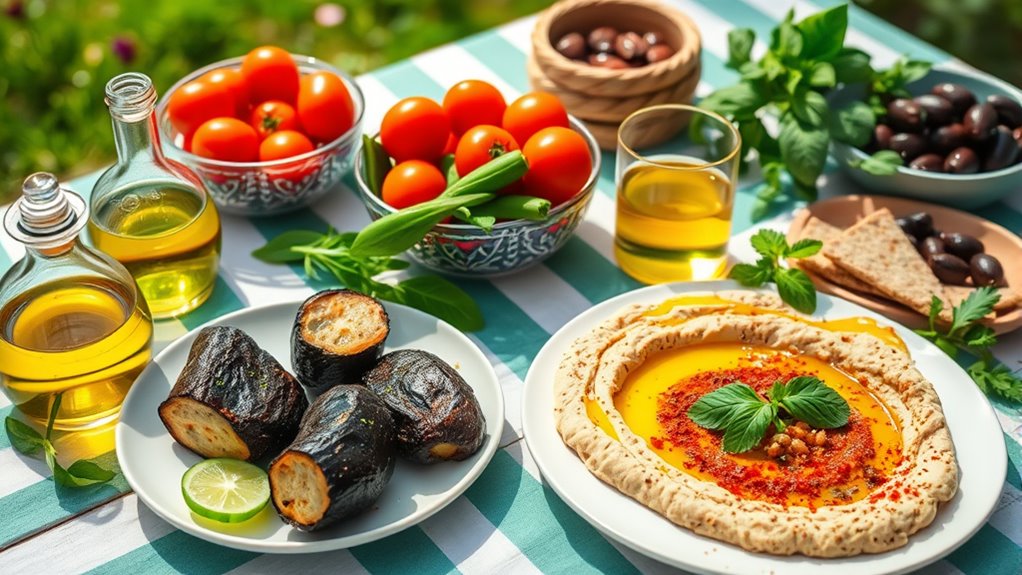
The Vegan Mediterranean Diet combines the health benefits of plant-based eating with the flavorful, nutrient-rich traditions of Mediterranean cuisine. This approach emphasizes whole foods, healthy fats, and plant-based proteins, helping you enjoy delicious meals while supporting your well-being. When you focus on plant-based proteins, you not only boost your intake of essential nutrients but also make your diet more sustainable. Legumes, lentils, chickpeas, tofu, tempeh, and seitan serve as excellent sources of protein, giving you the energy and satiety you need without relying on animal products. Incorporating these into your daily meals ensures you meet your nutritional needs while enjoying a variety of flavors and textures.
One of the standout features of this diet is the generous use of olive oil. Not only does it add a rich, satisfying flavor to your dishes, but it also provides numerous health benefits. Olive oil is packed with monounsaturated fats, which can help reduce bad cholesterol levels and lower your risk of heart disease. It’s also rich in antioxidants, such as polyphenols, which combat inflammation and oxidative stress. When you use olive oil generously—whether drizzling it over salads, sautéing vegetables, or dipping bread—you’re nourishing your body with a fat that supports overall health. The Mediterranean lifestyle often emphasizes the quality of fats, and choosing extra virgin olive oil can maximize these benefits. Incorporating healthy fats into your diet can enhance the absorption of fat-soluble vitamins and improve your overall nutrient profile. You’ll find that using olive oil as a primary fat source not only enhances flavor but also aligns with the Mediterranean principle of consuming healthy, natural fats.
Frequently Asked Questions
Can Vegans Get Enough Omega-3s on This Diet?
Yes, you can get enough omega-3s on a vegan Mediterranean diet. Focus on plant-based fats like flaxseeds, chia seeds, walnuts, and hemp seeds, which are rich in ALA, a type of omega-3. To guarantee adequate intake, consider omega-3 supplements derived from algae. These options help you meet your nutritional needs while enjoying the variety and health benefits of the diet.
How Do I Replace Seafood in Mediterranean Recipes?
Imagine turning the ocean’s bounty into a garden’s treasure. You can replace seafood in Mediterranean recipes with plant-based substitutions like marinated tempeh, jackfruit, or hearty mushrooms that absorb flavors like a sponge. Use flavor-enhancing options like lemon, herbs, and olive oil to mimic the briny, savory notes of seafood. These ingredients bring a satisfying, ocean-like essence to your dishes, making every bite feel like a coastal breeze.
Is This Diet Suitable for Athletes?
Yes, this diet can suit athletes, but you should address nutrition concerns like adequate protein and omega-3 intake. Focus on plant-based sources such as legumes, nuts, seeds, and fortified foods to support athletic performance. Ensuring enough calories and nutrients helps maintain energy levels and recovery. Always monitor your diet to meet your specific needs, and consider consulting a nutritionist to optimize your vegan Mediterranean plan for athletic goals.
What Are the Best Plant-Based Protein Sources?
Imagine building a fortress with the strongest bricks—your best plant-based proteins are like those bricks. You should include vegan sources like lentils, chickpeas, quinoa, tofu, tempeh, and edamame. These plant-based proteins provide essential amino acids and keep your energy high. Incorporate a variety of these foods daily, and you’ll guarantee your diet supports your active lifestyle while enjoying delicious, nutrient-rich meals.
How Can I Maintain Variety in My Meals?
You can maintain variety in your meals by using smart meal prep strategies, like batch cooking different grains and vegetables, then mixing them up daily. Experiment with flavor enhancement techniques such as herbs, spices, and citrus to keep dishes exciting. Rotating proteins, grains, and vegetables regularly also prevents boredom. Incorporate new recipes and cooking methods to keep your meals fresh and flavorful, ensuring you stay motivated and satisfied with your plant-based Mediterranean diet.
Conclusion
Embracing the vegan Mediterranean diet can truly transform your health and well-being. Imagine Sarah, who swapped her typical meals for vibrant salads, whole grains, and plant-based oils. Within months, she felt more energetic and noticed improvements in her digestion. By incorporating delicious, nutrient-rich foods from this diet, you’re not only supporting your wellness but also making a positive impact on the environment. Start small, stay consistent, and enjoy the flavorful journey toward a healthier you.
Ilana has been a vegan for over 10 years. She originally made the switch for health reasons, but soon found herself becoming more and more passionate about the ethical and environmental implications of a vegan lifestyle. Ilana is the author of The Graceful Kitchen, a blog all about veganism. She loves to cook up delicious and nutritious vegan meals, and share her recipes with others who are interested in leading a cruelty-free life. Ilana is also a strong advocate for using whole foods as the foundation of a healthy diet, and believes that going vegan is one of the best ways to achieve this.
